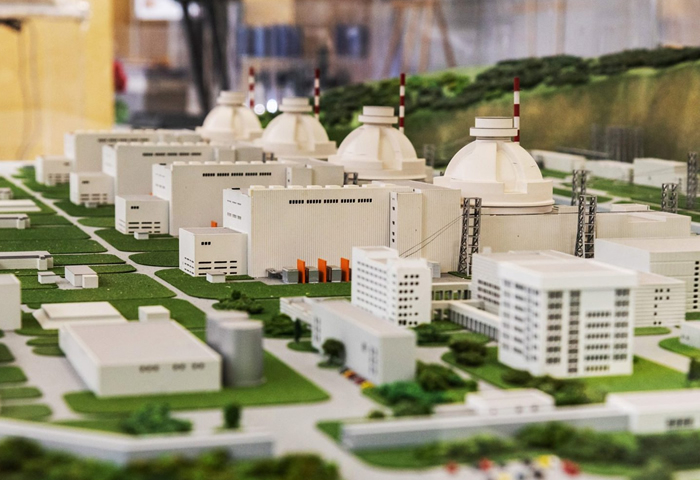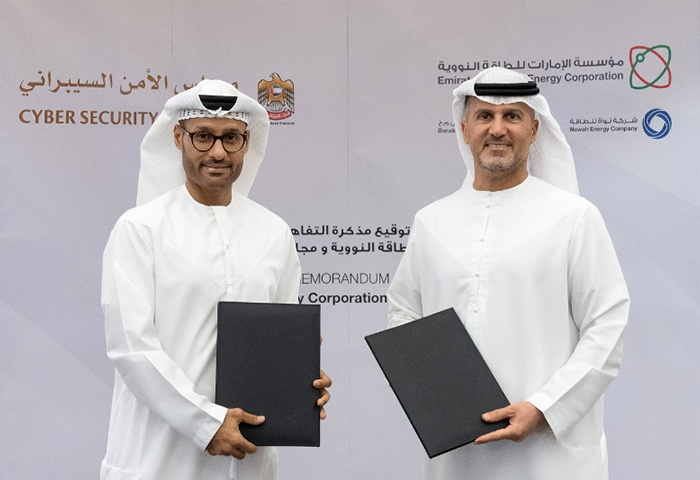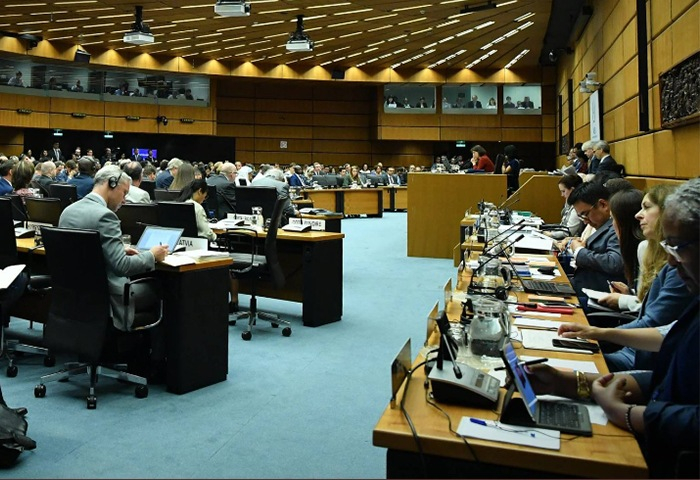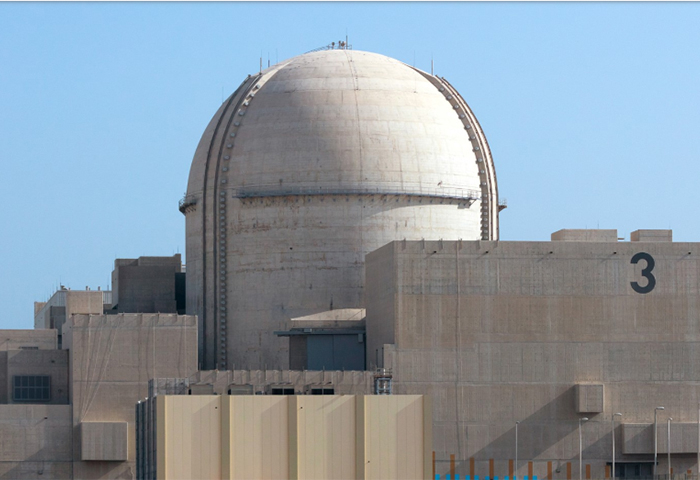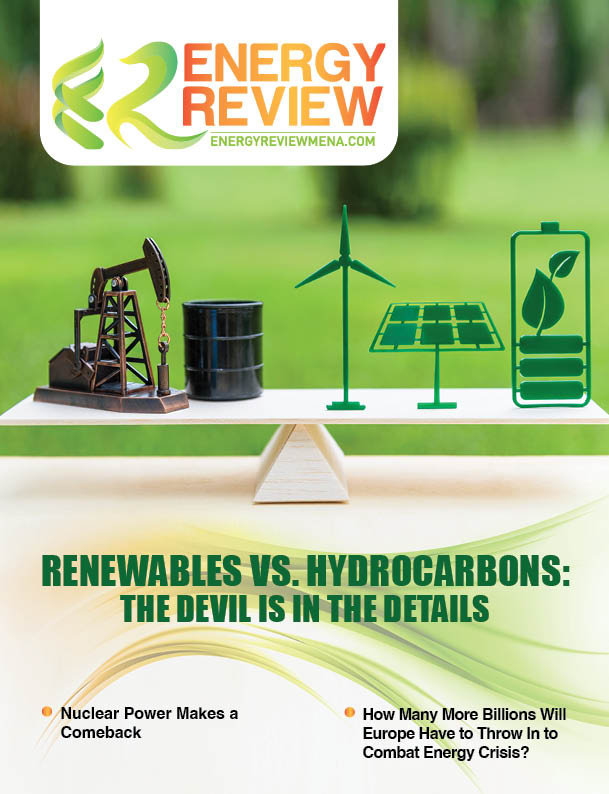South Korea has accepted and closed a $2.25 billion contract with the Russian state-run nuclear energy company Rosatom to supply components and construct a turbine building for Egypt’s first nuclear power plant, according to officials. The deal is the South Korea's biggest nuclear power plant exports project in 13 years since building UAE’s Barakah Nuclear plant in 2009. El Dabaa Nuclear Power will have four VVER-1200 reactors, making Egypt the only country in the region to have a Generation III+ reactor, which is the most advanced technology to date with the highest safety levels. Such reactors follow the “defense in depth” philosophy, which is based on the use of multiple physical barriers to prevent leaks of radioactive materials into the environment, as well as on employing passive safety systems that do not need power source to be actuated.
The South Korean officials further noted that the deal has been reviewed in consultation with the United States and that the supplies provided by Seoul would not be in conflict with the international sanctions against Russia.
An international online news portal quoted Choi Sang-mok, Korea’s senior secretary for economic affairs, as saying, “Any kind of issue can be met by various uncertainties, but those have all been resolved as of now, and that’s why we were able to finalize the agreement.”
According to South Korea’s presidential office and trade ministry, the contract between state-run Korea Hydro and Nuclear Power and Rosatom requires the South Koreans to provide certain materials and equipment as well as construct the turbine building of the plant being built in El Dabaa – the Mediterranean coastal town located about 130 kilometers (80 miles) northwest of Cairo.
Egypt's nuclear power authority originally awarded the project to build four 1,200 megawatt-level nuclear reactors in El Dabaa to Atomstroyexport (ASE), a subsidiary of Rosatom. Although the decision to build the nuclear plant had been planned in 2007, the actually building activities only started in 2017.
El-Dabaa NPP Project will be implemented in three main stages.
The first stage, which started in December 2017, covers the activities aimed at preparing for the NPP construction and last from two years and half to four years.
The second stage, which starts after obtaining the construction permit, covers the construction process and comprises all works related to construction, installation, training and preparations to commence the operational tests and this stage last for five years and half.
The last stage before the commencement of operations of the NPP covers the commissioning and testing activities, which will take place after obtaining the permit for pre-operational tests and last until preliminary handover of the unit and issuance of the operation license which last for 11 months.
Additionally, the South Korean government launched a nuclear power plant export task force on August 18, announcing that South Korea’s overseas nuclear power development projects would be linked to its key industries, including automotive, semiconductor and EV battery production so that the projects can be more customized and effective, according to a Business Korea report.
As announced by the task force, the Czech Republic, Poland, the United Kingdom and Saudi Arabia are pursuing cooperation with South Korea in this field at this moment, and the task force is working on different strategies to win upcoming projects there.
The war in Ukraine and high energy prices have put the spotlight on energy security in recent months. To strike a balance between ambitious decarbonization goals and fulfilling energy needs, nuclear energy is being revisited as a practical energy source alternative by various countries globally.
As leaders in nuclear technology, Korean nuclear energy companies are eager to capitalize on the opportunity to expand their presence in the global nuclear power market.
Separately, Hong Jin-Wook, Korea’s Ambassador in Cairo, paid a courtesy visit to Speaker of the Egyptian Senate, Abdel Wahab Abdel Razek, on Sunday to discuss bilateral relations between South Korea and Egypt as well as parliamentary cooperation .
Hong affirmed that bilateral relations between the two countries are expanding and deepening in various areas after the visits of South Korea’s National Assembly Speaker in October 2021 and the Korean President in January of this year.
Also read: The Need for Expanding Clean Energy Technology Supply Chains
Also read: ‘UAE Keen To Advance Progressive Climate Action Leading Up to COP27’

